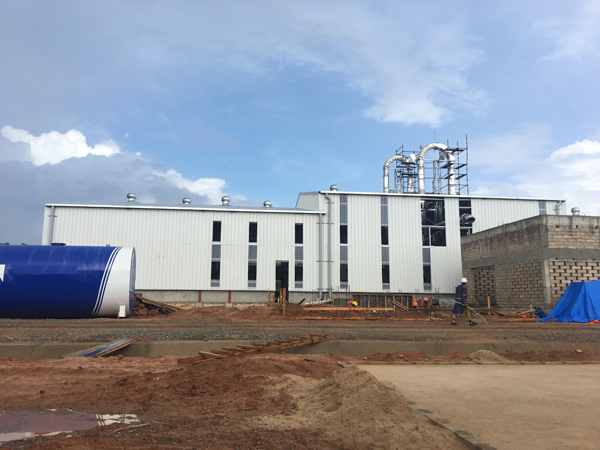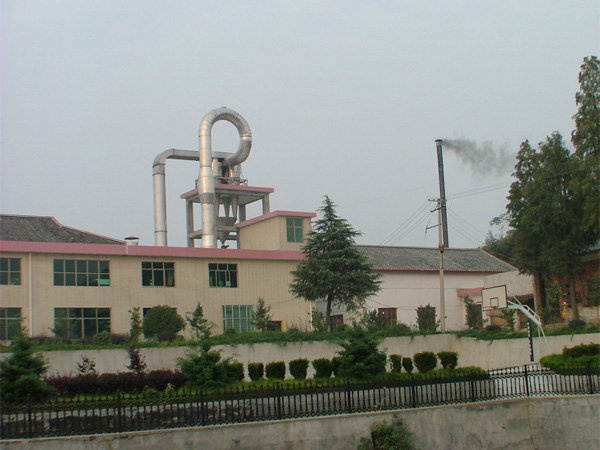Feasibility Analysis of Establishing a Cassava Flour Processing Factory in Nigeria
Cassava, a staple food for millions of Nigerians, holds immense potential for value addition through processing into various products, including cassava flour. This article aims to delve into the feasibility of establishing a cassava flour processing factory in Nigeria, exploring the market demand, raw material availability, processing technology, and regulatory environment.
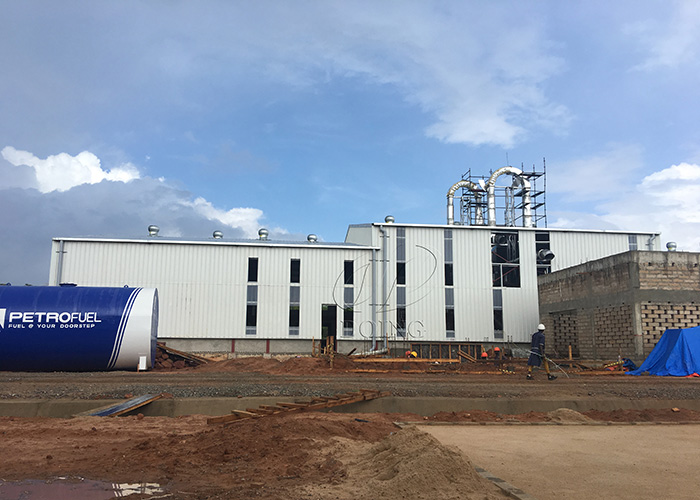 Cassava flour factory
Cassava flour factory
Market Demand:
Establishing a cassava flour processing factory in Nigeria has the potential for significant profit due to the high market demand. The demand for cassava flour in Nigeria has been steadily increasing due to its versatile applications in the food industry. Cassava flour serves as a substitute for wheat flour in baking, making it a popular choice among consumers seeking gluten-free alternatives. Furthermore, cassava flour is utilized in the production of snacks, pastries, and traditional dishes, catering to both domestic and international markets. With the growing awareness of healthy eating habits and dietary preferences, the demand for cassava flour is expected to continue rising, presenting lucrative opportunities for investors.
Raw Material Availability:
Nigeria boasts abundant cassava production, ranking as one of the world's top cassava-producing countries. The availability of raw materials is crucial for the successful operation of a cassava flour processing factory. With favorable agro-climatic conditions and widespread cultivation of cassava across various regions, sourcing high-quality cassava roots is relatively feasible in Nigeria. Establishing strategic partnerships with local farmers and implementing efficient supply chain management practices can ensure a steady and reliable supply of raw materials for the factory.
Processing Technology:
The adoption of modern processing technologies plays a pivotal role in enhancing the efficiency and quality of cassava flour production. Advanced equipment, such as cassava grating machines, cassava dewatering presses, flash dryers, and cassava milling machines are necessary for establishing a standard cassava flour processing factory. They facilitate the mechanized processing of cassava roots into flour, minimizing manual labor and optimizing output. Additionally, employing best practices in processing, including proper washing, peeling, and drying techniques, is imperative to maintain product quality and meet industry standards. Investing in state-of-the-art processing technology enables the factory to scale production capacity while ensuring consistency and uniformity in the quality of the final product.
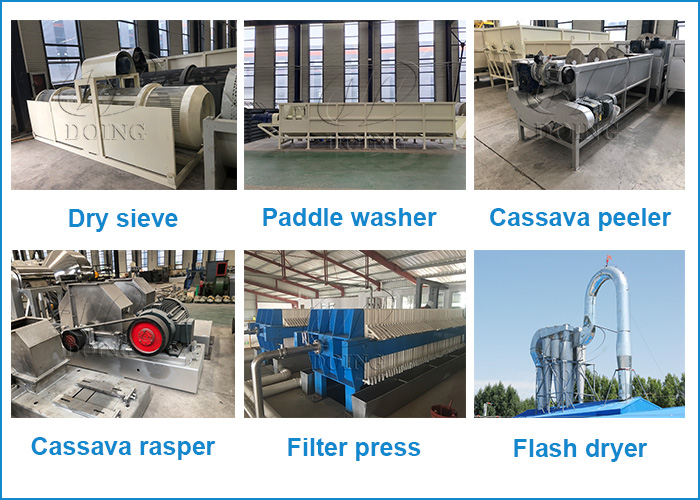 Modern cassava flour processing machine
Modern cassava flour processing machine
Regulatory Environment:
Navigating the regulatory landscape is essential for establishing a cassava flour processing factory in Nigeria. Compliance with relevant government regulations, licensing requirements, and food safety standards is paramount to ensure legal operations and consumer safety. Engaging with regulatory authorities, obtaining necessary permits, and adhering to hygiene and quality control protocols are integral aspects of regulatory compliance in the food processing industry. Moreover, staying abreast of evolving regulations and industry trends enables the factory to adapt and maintain competitiveness in the market.
In conclusion, the establishment of a cassava flour processing factory in Nigeria holds significant promise, driven by the country's abundant cassava production and growing market demand for cassava flour. If you want to know the investment cost of automatic cassava flour production line in Nigeria, welcome to contact us! We, Henan Jinrui, have a branch office and a local manufacturing factory in Nigeria and can offer you the best solution design!
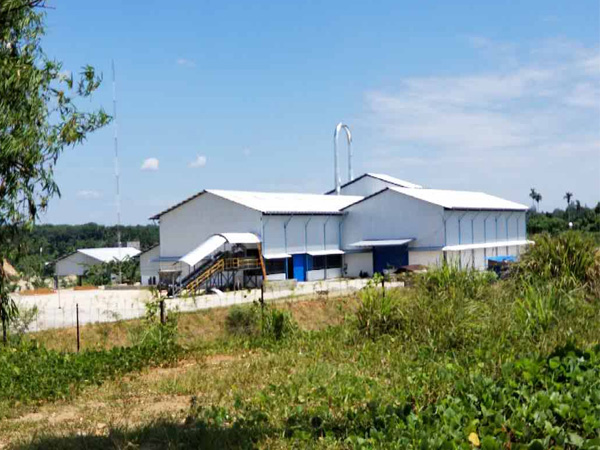
-
 Cel/WhatsApp: +8613526615783
Cel/WhatsApp: +8613526615783
-
 Phone: +86 371 5677 1822
Phone: +86 371 5677 1822
-
 E-mail: market@doingmachinery.com
E-mail: market@doingmachinery.com
-
 Address: Room 1408,14th Floor,Building 9,No.133 Yaozhai Road,Jinshui District,Zhengzhou City,Henan Province,China
Address: Room 1408,14th Floor,Building 9,No.133 Yaozhai Road,Jinshui District,Zhengzhou City,Henan Province,China
Related Projects
Contact Us

Want to know more about our products or services? Fill out the contact form below, and we’ll to get back to you and you will get the price list. Please also feel free to contact us by email or phone.( * Denotes a required field).
- Do you want to buy machine?
- Yes, I want to buy machine
- No, I want to learn more in advance.
- What is your raw material?
- Cassava
- Potato
- Sweet potato
- Other:
- What is the final product you want to produce?
- Chips
- Flour
- Starch
- What is the final product you want to produce?
- Garri
- Cassava flour
- Cassava starch
- Cassava chips
- Attiekie
- Bammy
- Other:
- What is your planned capacity for final product?
- <1 ton per day
- 1 ton per day
- 2 tons per day
- 3 tons per day
- 3-10 tons per da
- 10-20 tons per day
- >20 tons per day
- What is the usage of your cassava chips?
- Food usage (like fried chips, flour)
- Industrial usage (like animal feeds, ethanol)
- What is your planned capacity for final product?
- <5 ton per hour
- 5-10 tons per hour
- >10 tons per hour
- What is your planned capacity for final product?
- <500 kg per hour
- 0.5-5 ton per hour
- 5-10 ton per hour
- >10 ton per hour
- What is your planned capacity for final product?
- <300 kg per hour
- 300-1000 kg per hour
- 1-5 ton per hour
- 5-10 ton per hour
- >10 ton per hour


